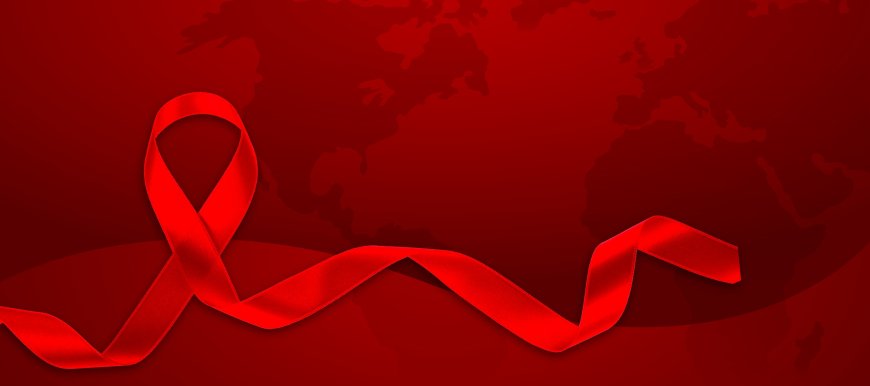Global south countries urged to demand fair health measures in ongoing pandemic talks

By Peter Ochieng
Civil society groups under the Save Our Society (SOS) banner are urging Global South leadership to forge a united front and demand for a fair, and binding World Health Organization (WHO) pandemic agreement that ensures true health equity.
According to United Nations Trade and Development (UNCTAD), Global South broadly comprises Africa, Latin America and the Caribbean, Asia (excluding Israel, Japan, and South Korea), and Oceania (excluding Australia and New Zealand).
Most of the Global South's countries are commonly identified as lacking in their standard of living, which includes having lower incomes, high levels of poverty, high population growth rates, inadequate housing, limited educational opportunities, and deficient health systems, among other issues.
Speaking during a virtual press conference organised by the AIDS Healthcare Foundation (AHF) Africa, Dr. Peninnah Lutung AHF Africa Bureau Chief said time is ripe for leaders to turn words into actions.
"It’s time for leaders around the world to turn words into action and ensure that everyone is safe. African countries and other nations struggling to prepare for the next global public health disaster cannot afford a repeat of what happened during the COVID-19 pandemic,” she said.
Dr Lutung underscored the necessity of a coordinated, and collective approach to pandemic preparedness and response, driven by the needs of all, not just the wealthiest.
The Tuesday presser came on the backdrop of the ongoing WHO pandemic agreement talks, with calls for binding commitments focused on technology transfer to boost regional production of vaccines, diagnostics, and therapeutics being given prominence.
"Establishing a regional production mechanism is vital—it will ensure that developing countries can independently produce and distribute essential health products during any health crisis," stated Guillermina Alaniz, AHF's Director of Global Advocacy and Policy.
"This will reduce reliance on wealthier nations and promote equitable access for all."
Alaniz, like most of the speakers, called for the WHO pandemic agreement to include binding provisions that ensure technology transfer necessary to build health resilience in developing countries. "It's not enough to claim equity without taking real steps to achieve it."
Dr. Samuel Kinyanjui, AHF Kenya's Country Program Director used the opportunity to highlight the challenges African nations face in international negotiations.
"One of the key factors that weaken us in negotiations is a lack of preparedness," he noted.
African representation, he added, often arrives late and under-resourced, with teams lacking the legal and economic expertise needed to navigate complex treaties.
He stressed the importance of including civil society in negotiations and presenting a unified front, rather than fragmented national positions that undermine collective bargaining power.
On his part, Aggrey Aluso, Africa Director of the Pandemic Action Network, pointed to recent efforts by the Africa CDC to enhance African leadership in the negotiation process.
However, he cautioned that significant hurdles remain, particularly in securing clear support from African capitals and resolving legal ambiguities that could weaken the agreement. "The negotiations are caught between conflicting interests—public health versus industry profits," he explained.
In December 2021, WHO member states initiated a global process to draft and negotiate a convention, agreement, or other international instrument (pandemic agreement), aimed at strengthening pandemic prevention, preparedness, and response.
After over two years of negotiations, countries failed to reach an agreement leading the assembly to extend the mandate of the Intergovernmental Negotiating Body (INB), until 2025.
The 11th meeting of the INB is currently on having started on Monday, and will run up to September 20, 2024, where decisions will be made that could reshape global pandemic preparedness and response.
What's Your Reaction?



































































































































































































































































































